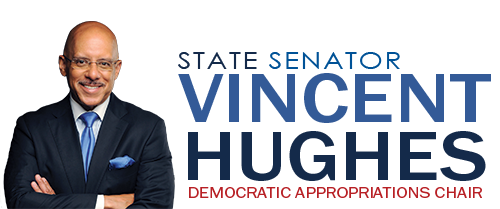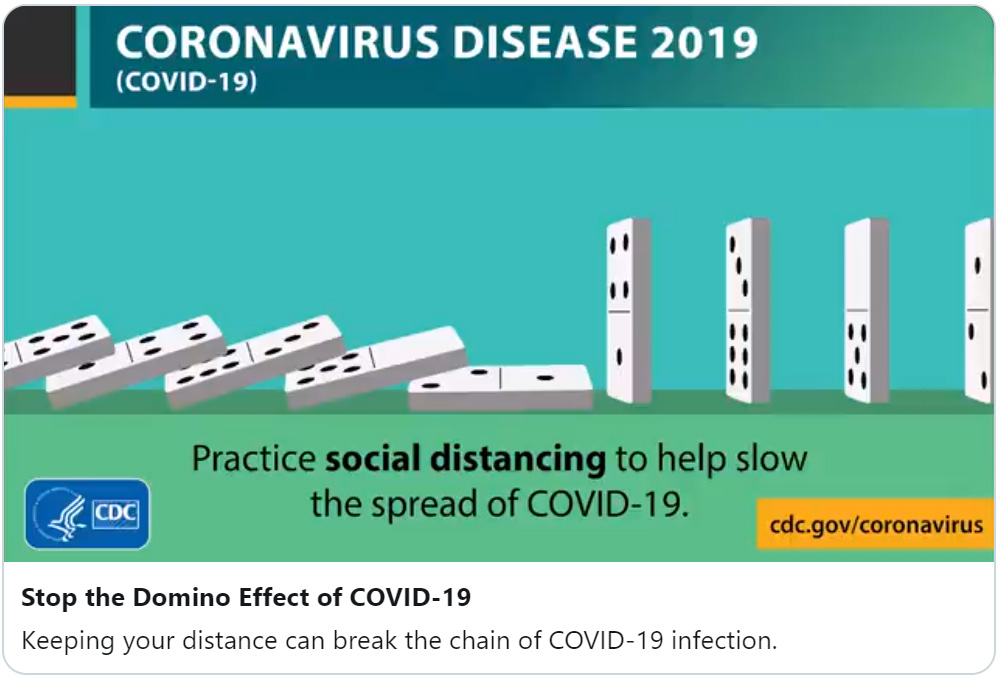Every one of us has been impacted by the coronavirus COVID-19 pandemic, but certain communities across Pennsylvania have been devastated by the unprecedent public health crisis.
To help with recovery, Pennsylvania is set to receive billions of dollars in federal funding from the Coronavirus Aid, Relief, and Economic Security Act, which can be used to help offset COVID-19-related expenses. On Wednesday, April 29, Senator Hughes and Senator Jay Costa detailed a plan that would allocate nearly $4 billion to help the people of Pennsylvania with the most need.
The Pennsylvania CARES Plan prioritizes the people who are working class individuals and families, front-line workers, seniors, small businesses, black and brown communities left out and disparately impacted by the pandemic. We are one Pennsylvania and we will get through this if we work together to help our communities in need and focus on recovery for those hit the hardest by this global public health crisis.
You can read more about the plan in detail at pasenate.com/pacares. Know that Senator Hughes and its colleagues in the Pennsylvania Senate Democratic Caucus are fighting on your behalf to make sure recovery starts with a focus on the people.
Stay up to date with the latest information on the pandemic at senatorhughes.com/coronavirus. Please do your part to help stop the spread of the virus. Stay safe, stay at home, and don’t forget to wash your hands!
Here is guide issued by the Commonwealth of Pennsylvania, helping provide clear guidance and direction in response to coronavirus COVID-19. The residents of Philadelphia and its suburbs have been ordered to remain at home as to help prevent spread of coronavirus, find out what that means for you.
Montgomery County is doing the same.
Here are some reminders about preventing spread of the disease:
Best practices to plan, prepare for and respond to the coronavirus COVID-19, according to the Centers for Disease Control.
What are the symptoms of coronavirus?
Symptoms of the COVID-19 can include:
- Fever
- Cough
- Shortness of breath
The symptoms may appear in as few as two days or as long as 14 days after exposure. Reported illnesses have ranged from people with little to no symptoms to people being severely ill and dying.
What to do if you think you have coronavirus COVID-19, according to the CDC:
- Stay home except to get medical care
- Separate yourself from other people and animals in your home
- Call ahead before visiting your doctor
- Wear a facemask if you are sick
- Cover your coughs and sneezes
- Clean your hands often
- Avoid sharing personal household items
- Clean all “high-touch” surfaces everyday
For more details on what to do prevent coronavirus COVID-19 spread, visit the CDCs full list of recommendations.
Read more: CDC recommendations on getting tested for coronavirus



